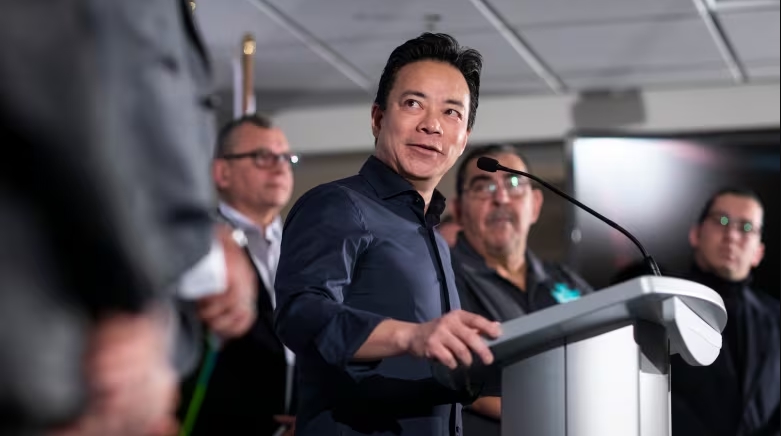Vancouver Could Save $70M by Dissolving Park Board, City Report Finds
Sarah Desjardins
11/22/20242 min read


A new City of Vancouver report suggests dissolving the Vancouver Board of Parks and Recreation could save the city $70 million over the next decade and streamline management of parks and recreational spaces.
The Park Board Transition Working Group’s final report, released Thursday, outlines the financial and administrative benefits of transitioning the board’s responsibilities to the city. It states that eliminating the park board would save $7 million annually and allow for 36 hectares of parkland to be designated as permanent green space under city management.
“By streamlining decision-making and eliminating inefficiencies, we’re creating a system that prioritizes what matters most: protecting and enhancing our cherished parks and recreational spaces,” said Vancouver Mayor Ken Sim at a news conference alongside city councillors, supportive park board commissioners, and representatives from the Musqueam and Squamish First Nations.
The report also highlights how removing the board as a separate governance layer would reduce “costly delays” in projects and services.
Background and Recommendations
The Vancouver Board of Parks and Recreation, established in 1888, currently manages 256 parks, beaches, community centres, pools, and sports fields. In December 2022, city council passed a motion asking the provincial government to amend the Vancouver Charter to dissolve the park board and consolidate its responsibilities under the city.
The working group’s report is based on months of surveys, meetings with stakeholders, and a review of governance models in other jurisdictions. However, the group did not consult with park board staff, citing directives from park board commissioners.
Despite the recommendations, significant hurdles remain. Provincial approval is required to amend the Vancouver Charter, and Premier David Eby has indicated the transition is unlikely to be a priority before the next municipal election in 2026.
Concerns and Opposition
Park board commissioner Laura Christensen expressed skepticism about the timing of the report, suggesting it may distract from discussions around Vancouver’s draft 2025 budget, which proposes a 4.5% tax increase for service costs and an additional 1% for infrastructure renewal.
Christensen also raised concerns about the city’s long-standing underfunding of the park board. She pointed to an unmet request for $900,000 to improve janitorial services, which she claimed would only elevate park facility maintenance to a “moderately dingy level.”
“It wouldn’t totally surprise me if the park board is being starved for cash to make the case for its dissolution,” Christensen said. “I hope it’s not intentional, because that would be deeply disappointing.”
Provincial Response
Minister of Housing and Municipal Affairs Ravi Kahlon acknowledged receipt of the transition report and said it is under review. However, he emphasized that the province’s current priorities include addressing affordability, healthcare, and community safety.
The report’s findings are expected to fuel further debate about the future of Vancouver’s park governance. For now, the park board remains in place, with any potential changes contingent on provincial action.
News
Stay updated with the latest BC news stories, subscribe to our newsletter today.
SUBSCRIBE
© 2025 Innovatory Labs Inc.. All rights reserved.
LINKS
